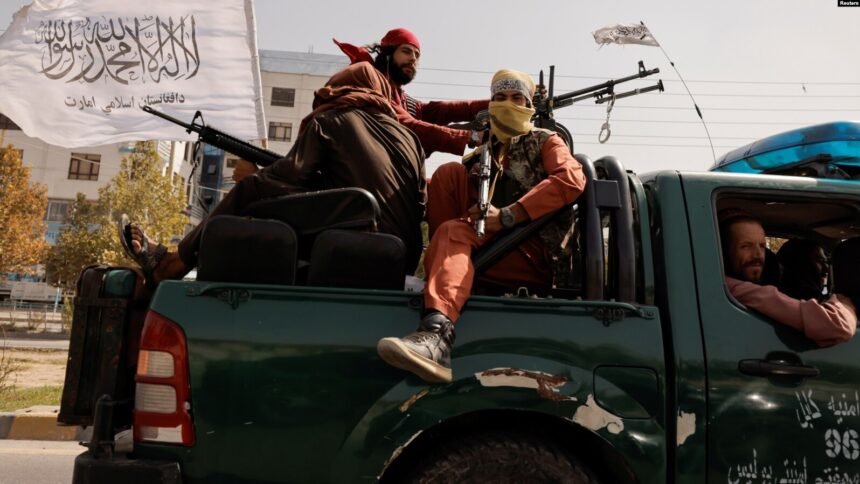RASC News Agency: The Special Inspector General for Afghanistan Reconstruction (SIGAR), in its 66th report to the U.S. Congress, has reiterated concerns that Afghanistan continues to serve as a hub for extremist activities, with ISIS emerging as a formidable threat to both the country and regional stability. According to the report, in 2024 alone, ISIS has claimed responsibility for 60 attacks across Afghanistan, Iran, Russia, Pakistan, and Turkey, marking a 40% increase compared to the previous year. The report underscores persistent fears that Afghanistan could once again become a sanctuary for global terrorism. It warns that should the Taliban adopt policies conflicting with the ideological stance of other extremist factions, groups such as ISIS, Al-Qaeda, and Tehrik-i-Taliban Pakistan (TTP) may forge strategic alliances against them.
Citing findings from a United Nations sanctions monitoring team, SIGAR reveals that ISIS has significantly bolstered its financial and logistical networks across the region and Europe, positioning itself as the greatest terrorist threat to the continent. The report also references the ISIS-led attack in Kabul that claimed the life of Khalil Rahman Haqqani, the former Taliban Minister for Refugees and the uncle of Sirajuddin Haqqani. Following the assassination, Al-Qaeda denounced the attack, signaling the enduring operational ties between the Haqqani Network, the Taliban, and Al-Qaeda. Since the Taliban’s return to power on August 15, 2021, ISIS has assassinated at least eight high-ranking Taliban officials, including Khalil Rahman Haqqani, considered one of the group’s most strategically significant targets. The report further asserts that the Taliban remain deeply intertwined with Al-Qaeda, providing its operatives with safe havens and logistical support.
SIGAR also warns that Al-Qaeda, though adopting a low-profile strategy, continues to prioritize its cooperation with other extremist factions while maintaining its long-standing alliance with the Taliban. According to the UN monitoring team, at least 12 senior Al-Qaeda operatives are currently active in Afghanistan, sustaining the group’s influence and operational capabilities. Additionally, the report highlights that the Taliban continue to offer sanctuary to Tehrik-i-Taliban Pakistan (TTP), which has between 6,000 to 6,500 fighters primarily stationed in eastern Afghanistan. This alliance, SIGAR notes, poses an escalating security challenge for Pakistan and the broader region.






